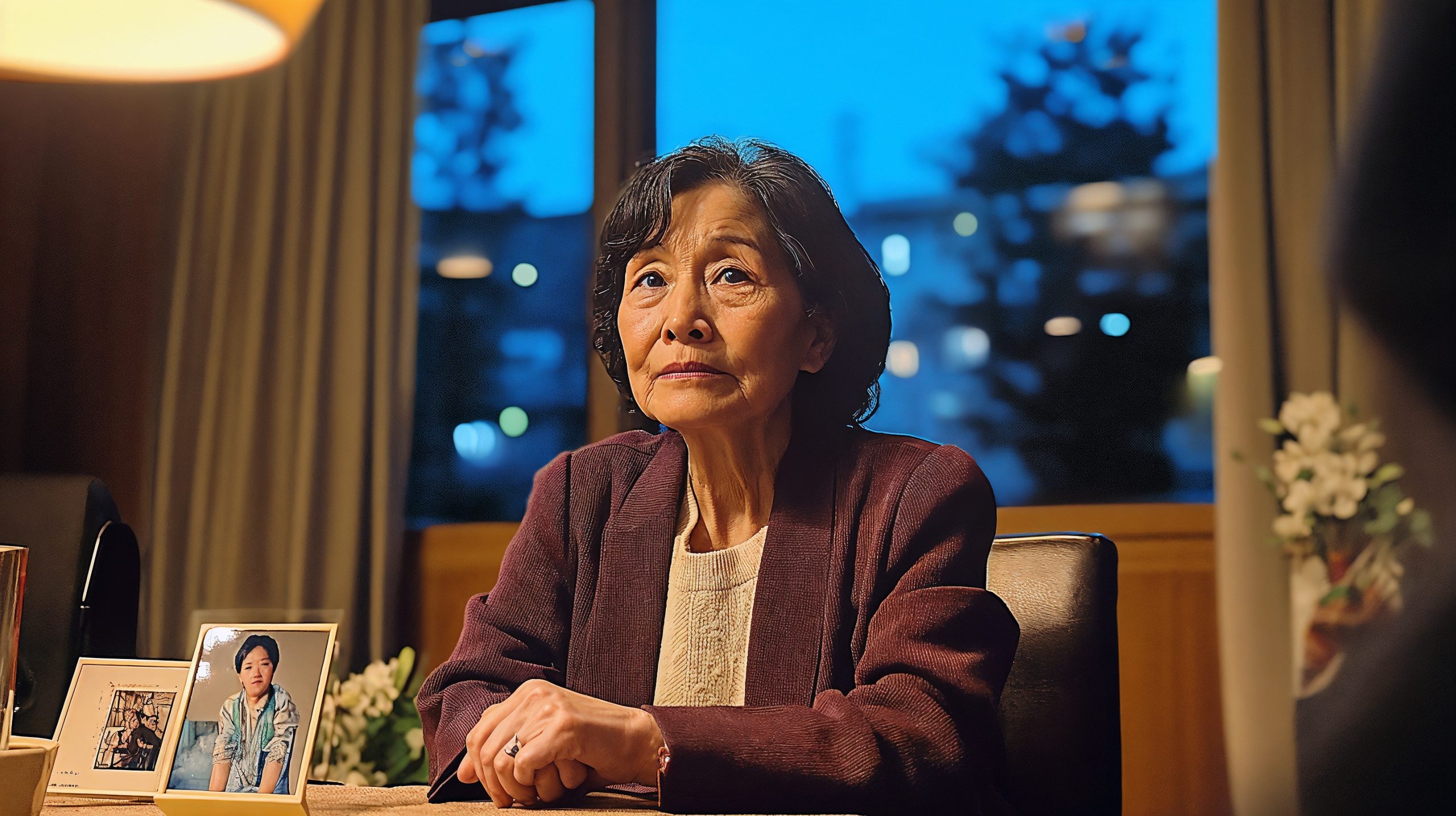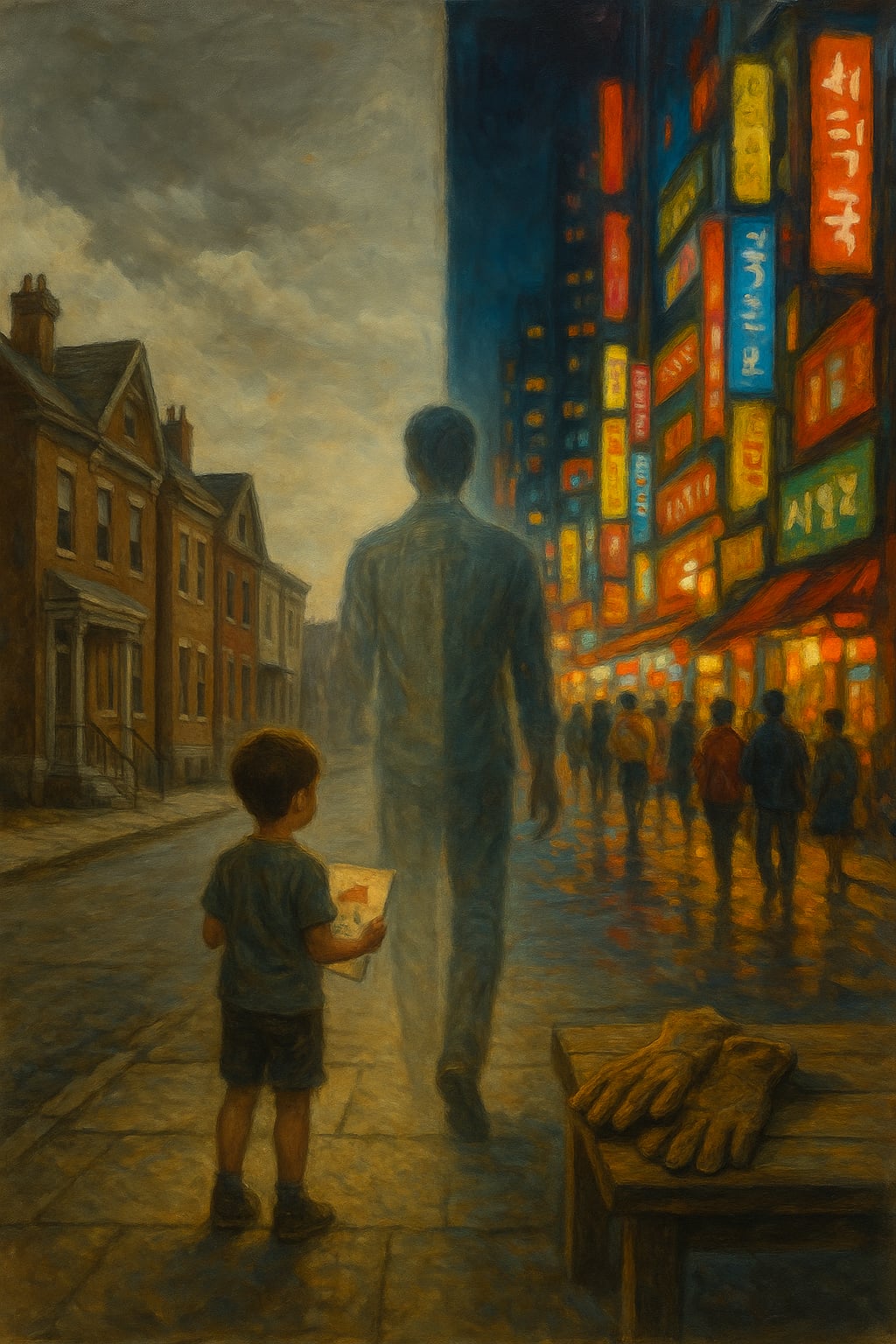Love is the most powerful and universal force we experience as human beings. It goes beyond words, cultures, and even time. It’s in the way we care, the way we forgive, the way we hold on, and sometimes, the way we let go. Love takes many forms — romantic, familial, platonic, and self-love — yet at its core, it is always about connection and compassion.
From the moment we are born, love surrounds us in small, tender gestures: a parent’s touch, a friend’s laugh, a partner’s embrace. As we grow, we learn that love is not just something we feel — it’s something we give. It’s in our actions, choices, and the way we show up for others even when it’s difficult. Real love isn’t always grand or dramatic; sometimes it’s quiet, consistent, and incredibly deep.
One of the most beautiful things about love is its ability to transform. It heals wounds, bridges distances, and breaks down barriers we never thought could fall. Love teaches us to be patient, to listen, and to see beyond ourselves. It can turn a stranger into family, and an ordinary moment into something unforgettable.
But love is not always easy. It comes with vulnerability, risk, and the possibility of hurt. To love is to open yourself — to be seen, known, and accepted as you are. It takes courage to love deeply, and even more courage to love after pain. Yet those who love bravely are the ones who truly live.
Love is also a mirror. It reflects how we see ourselves and how we allow others to see us. This is why self-love is just as important as the love we give to others. Loving yourself isn’t selfish — it’s essential. It’s about understanding your worth, setting boundaries, and treating yourself with the same kindness you offer to the people you care about.











